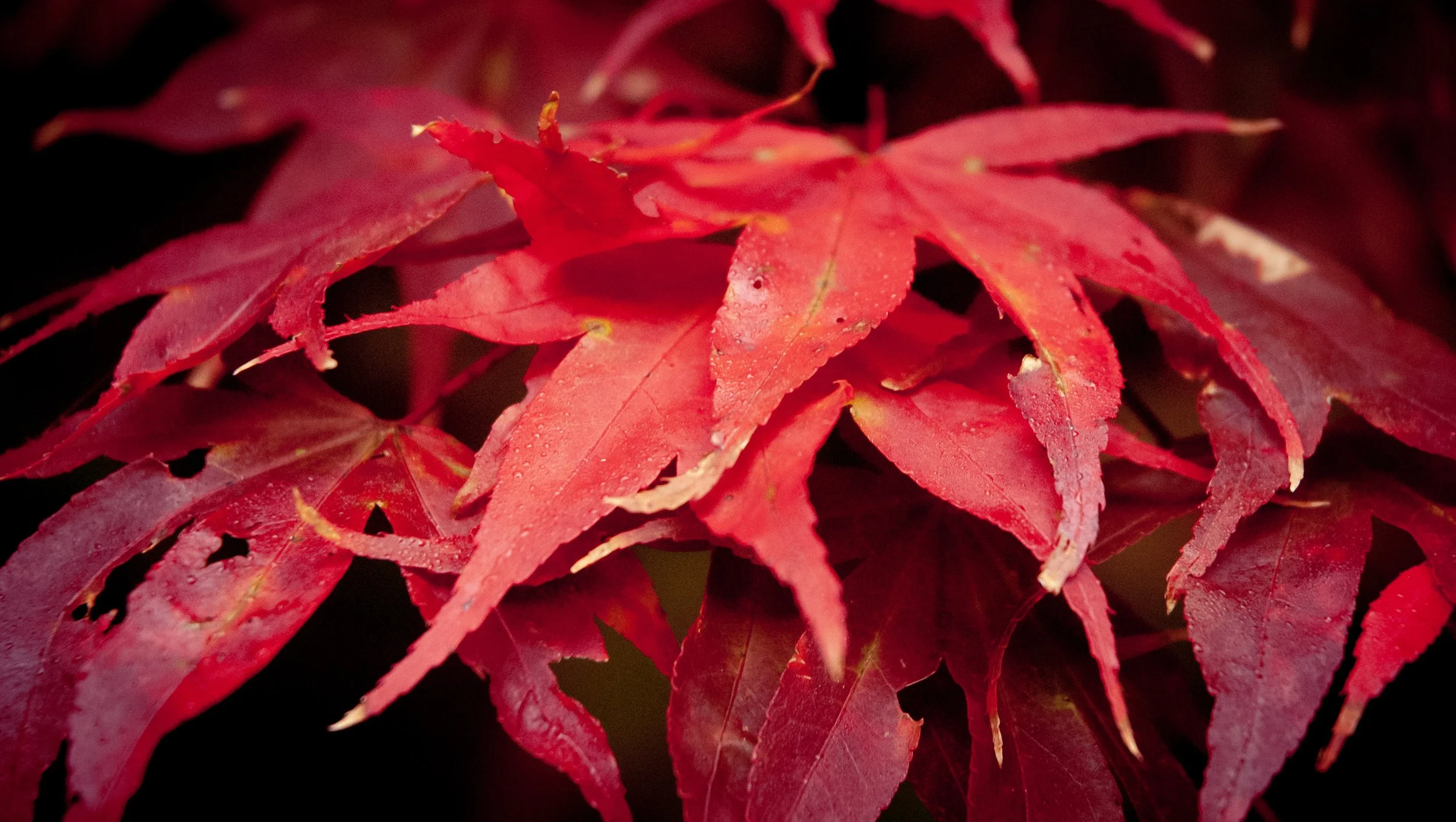Written
Morning ritual: iPhone
“And what, you ask, does writing teach us? First and foremost, it reminds us that we are alive and that it is a gift and a privilege, not a right.”
A morning that starts like this is a good one.
Even if the kitchen table isn’t always bedecked with flowers, the first peaceful hour in our house, before anyone else stirs, is a favourite time.
A time when I can gain purchase on the day ahead, I can lay claim to the fleeting images and words that found only hazy focus in those early waking hours, and I can rest again with the unformed, half-thoughts that might otherwise slip away.
And on the days when I feel still tired, or cold in the shivering darkness of winter, or suffocating and overwhelmed by work that takes all of my time and space, I look up to find Bukowski has taken the chair opposite to utter his ruthless chastisement:
“… baby, air and light and time and space
have nothing to do with it
and don’t create anything
except maybe a longer life to find
new excuses for.”
Bukowski doesn’t visit much these days.
I’ve been rigorously journaling for nearly 20 years. My usual form is ‘freefall’ - I write whatever comes into mind as I hold the pen. There is no particular attempt to be coherent as I delve into the difficult aspects of recent experiences. No corrections, no deletions, just writing onto the page until the space is filled.
In this era when the foundations of life are eroding, crumbling beneath us, there is solidity in words written.
They become the groundwork of reflection and contemplation as I slowly make sense of the world that I inhabit. In time, I will review them to find the patterns in my experience and gently work them into more readable notes and musings. Some will become blogs like this, others will become longer pieces, some will be the source of my ‘academic’ work, others will rest silently as time passes only to surprise me with gleaming little jewels of insight when I take a casual look back though my journals.
The value of my morning ritual is ever more clear; it slows me and means I bring textured substance to the otherwise ethereal, ghostly sensations of unacknowledged, unremarked experience. As the words appear on the page, I feel secure that life isn’t entirely just passing me by.
Carl Jung wrote: ‘The pendulum of the mind oscillates between sense and nonsense, not between right and wrong’ but I notice my own vulnerability as I write words that feel raw or close to my heart. Yet in offering this work out into the world, I feel supported by Jung’s controversial idea of the ‘collective unconscious’ - a mental inheritance that we all share and explains why similar themes exist in mythologies from around the world. In essence, we all share a similar mental architecture, and so the sense-making that occupies my mornings might have value beyond the edges of my kitchen table.
And now, as I look towards a shelf full of old notebooks and scroll through hundreds of pages of more recent notes on my iPad, I know I haven’t made excuses, baby.
These mornings are a gift and a privilege.
Notes:
Maria Popova put together a wonderful tribute to Charles Bukowski and the will to create. Take a look here!
I began my morning writing ritual after reading Julia Cameron’s, ‘The Artist’s Way’ which offers a 12-week program to recover your creativity. In fact, in many ways, the process became the inspiration for the 65,000 words my own doctorate!
Carl Jung’s writings form the foundation of much of our analytical psychology. If you are approaching his writing for the first time, I recommend ‘Introducing Jung,’ one of a fabulous series of visual/graphic overviews of contemporary thinkers.
Finally, you might like ‘Writing without a Parachute: The Art of Freefall’ by Barbara Turner-Vesselago. Better still, attend one of her excellent writing retreats now available across the world on Zoom.














